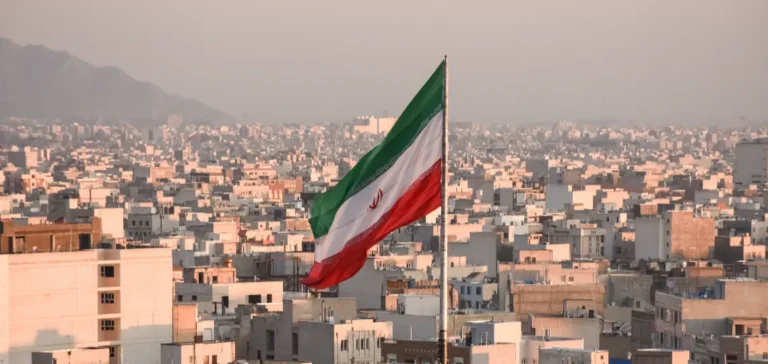The foreign ministers of France, Germany and the United Kingdom have warned Iran that international sanctions will be reinstated if no significant progress is made on its nuclear programme. During a phone call with Iranian representative Abbas Araghchi, Johann Wadephul, Yvette Cooper and Jean-Noël Barrot reaffirmed that the suspension of sanctions depends on tangible actions from Tehran.
A suspended ultimatum and unmet conditions
The three countries, known as the E3, recalled that they had offered an extension of the deadline before triggering the “snapback” mechanism, which allows for the automatic reimposition of United Nations sanctions. This offer remains valid, subject to immediate cooperation. According to a French diplomatic source, it is now up to Iran to show goodwill in order to avoid further economic deterioration.
In response, Abbas Araghchi stated that Iran remained ready for a “fair and balanced solution”, while calling on European countries to avoid being influenced by “other actors”, a veiled reference to the United States and Israel.
Blocked cooperation with the IAEA amid military tensions
The July 2015 agreement, backed by a United Nations Security Council resolution, enabled international oversight of Iran’s nuclear programme. However, Tehran’s suspension of inspections following Israeli and American strikes in June has reignited tensions. A new cooperation framework was signed on September 9 between Iran and the International Atomic Energy Agency (IAEA), but inspections have not resumed.
Iranian authorities have cited security and environmental concerns at damaged sites as the reason for the delay. Access to these facilities remains subject to approval by Iran’s Supreme National Security Council, the country’s highest security authority.
Accumulation of sensitive material in a frozen diplomatic context
A confidential IAEA report revealed that Iran had increased its enrichment of uranium to 60% before the June war, a level technically close to weapons-grade. The Iranian government claims that the enriched material remains buried under debris from the strikes, without allowing international inspectors to verify this.
Germany, France and the United Kingdom have conditioned suspension of the snapback on full IAEA access to the sites in question. They are also calling for the rapid resumption of dialogue between Tehran and Washington, suspended since April. However, Iranian authorities continue to reject any discussion on their ballistic missile programme, a key demand from the United States.
Increasing pressure between allies and Iran’s red lines
During a visit to Israel, U.S. Secretary of State Marco Rubio said Washington would continue its policy of “maximum pressure” on the Islamic Republic. These remarks were rejected by Iranian Foreign Ministry spokesperson Esmaeil Baqaei, who called them “absurdities”.
European diplomats say they remain committed to a diplomatic resolution but maintain their conditions, particularly regarding transparency on sensitive stockpiles and the immediate return of inspections. The lack of consensus between Western powers and Tehran continues to fuel uncertainty over the future of Iran’s nuclear commitments.






















